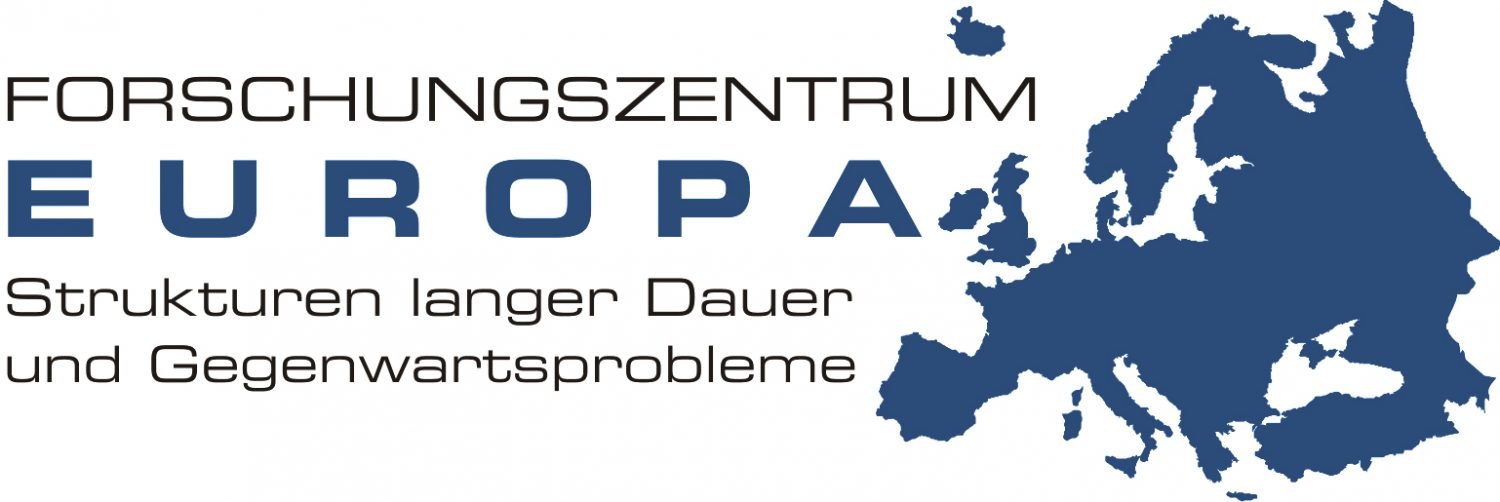DIE ÖTV UND DIE EXPANSION DER ALTENPFLEGE SEIT 1969
The project is dealing with the trade union attitude towards geriatric care as a form of employment. We examine how the ÖTV has dealt with labour market and occupational policy developments and problems in this sector since 1969, the challenges it was confronted with and the trade union options for action that were discussed or implemented.
1. Context
Given the demographic change and the increasing demand for labour in the care of the elderly, as well as the poor working conditions in this sector, the question of the role and causes of the comparatively low influence of the social partners in the care of the elderly arises almost inevitably.
We want to examine the problems of trade union representation in this occupational field from a historical perspective and examine the options for action of the ÖTV since the late 1960s. Furthermore, the example of geriatric care can be used to demonstrate how various processes of change in society, the social welfare system, the labour market and industrial relations changed the possibilities and strategies for representing the interests of and for employees in the last third of the 20th century.
2. Research Question
The project aims at understanding how the responsible trade union ÖTV handled the establishment of geriatric care as a profession, the expansion of the geriatric care sector since 1969 and the professionalisation of the profession in the following three decades. This is supposed to make a contribution to the history of the ÖTV and its main department of health care as well as a contribution to the history of professionalisation of elderly care. Moreover, these findings are to be used to develop sustainable strategies for the further development of the sector and care work relations.
3. Method of Investigation
The study focuses on the detailed description of options and strategies for action of the trade union ÖTV as an institution and actor in the new occupational field of geriatric care since 1969. Within the context of a governance analysis, the potential for conflict and success of trade union policies and strategies in the new occupational field of geriatric care will be analysed in a process- and actor-oriented approach in the historical constellations of discourse, interests and action. Additionally, the results will be put in relation to currently relevant problems of trade union organisational development and representation of interests in geriatric care. The sources of the research project are interviews with experts and witnesses as well as contemporary and current political documents and archives of the ÖTV in the Archive of Social Democracy of the Friedrich-Ebert-Stiftung.
The project is implemented in cooperation with the IAT Gelsenkirchen and it is financed by the Hans Böckler Foundation.
